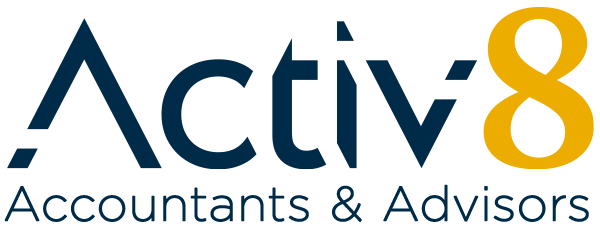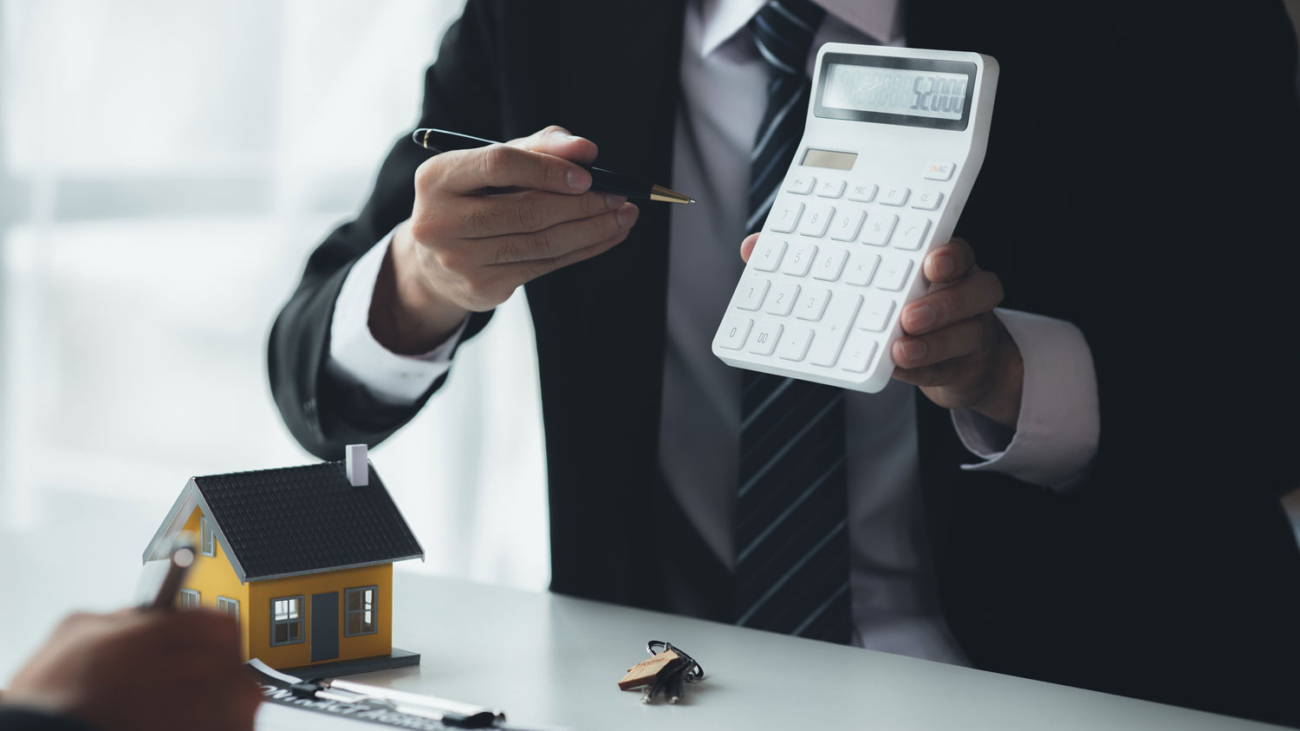Be prepared come tax time so you don’t fall on the side of the ATO’s auditing targets.
Perhaps you’ve heard the news about the Australian Taxation Office (ATO) announcing its efforts to target landlords who are over-claiming tax deductions and failing to report income. According to data, it estimates, approximately 9 our out 10 of landlords are inaccurately reporting their net income from rental properties. This misreporting has resulted in a significant shortfall of around $1.3 billion, highlighting the discrepancy between the amount collected and the amount that should have been paid.
As a property owner and rental provider, it is crucial to be aware of your income tax reporting obligations and ensure compliance. Don’t fret, though. This article is here to help and remind you about your income tax reporting obligations as well as share some handy insights on ATO deductions.
What’s the situation and how can you prepare for it?
The ATO has advised that some landlords tend to leave out rental income or make mistakes when claiming property-related deductions and they want to tackle this issue head-on. This year they have pinpointed three main concerns related to landlord tax compliance. These include the misuse of investment loans for personal expenses, incorrectly categorising repair costs as capital works, and claiming expenses for personal use of the property.
Being on top of your tax game is simpler than it seems. Here are two things that you can do to help avoid issues:
- File Correct and Honest Tax Returns: It’s stating the obvious, but ensure you accurately report your rental income and claim deductions that you’re entitled to. Honesty is key when meeting your tax obligations.
- Seek Professional Guidance: Don’t be afraid to reach out to a tax professional or accountant who specialises in property taxation (*us*). They can offer expert advice on which deductions you can claim and guide you through the ins and outs of rental property taxation.
What Can Landlords Claim?
By understanding what you can claim, you can maximise your deductions and minimise any risk of non-compliance. Here are a few things you may be able to claim:
Mortgage Interest: Ah, the sweet relief of claiming the interest you pay on your mortgage as a deduction. Just make sure you accurately apportion it if you use the property for personal purposes too.
Utilities, Insurance, and Operational Costs: If you foot the bill for these expenses, you can claim them as deductions. Just keep those receipts handy!
Property Maintenance and Repairs: Any costs incurred to keep your property in tip-top shape for tenants, such as fixing leaky pipes or giving the place a fresh coat of paint, can be claimed as deductions. That’s some good news for your wallet!
What can you do to prepare for an audit?
In light of the ATO’s scrutiny, it is essential for landlords to ensure that their tax returns accurately reflect their rental property income and expenses.
We don’t want you stressing over a potential audit, but it’s always wise to be prepared, just in case.
Stay organised and maintain detailed records of all income and expenses related to your rental property. This includes rental income, receipts, invoices, and documentation for all claimed deductions. A little extra effort now can save you headaches later.
If a discrepancy or error is detected during the lodgement of a tax return, the ATO temporarily halts the processing and contacts the taxpayer to request an explanation. In some cases, the ATO may conduct further investigations after the return has been processed and ask taxpayers to review and make any necessary amendments to their return.
Time to review your records system?
A property records system is a tool that allows you to keep track of all the details related to your rental property in one place. You have a couple of options. It might be in the form of excel spreadsheets and folders on drive or cloud, or it might be a software packagehelps you maintain your records. Either way we suggest your system covers the following areas:
- Tenant and lease information/documentation
- Property condition reports
- Bond collection
- Maintenance requests and work orders
- Financial records such as rent payments and expenses
- Reports and analytics
A property records system allows you to keep everything in one place and easily accessible, so you can always stay organised and on top of things.
By keeping a good system in place to manage things, understanding the deductions you can claim and seeking professional guidance when needed you’ll be well-prepared to navigate the ATO’s watchful eye. Remember, there’s no need to panic. With a little organisation and the help of Activ8, you can be prepared and stay ahead!



